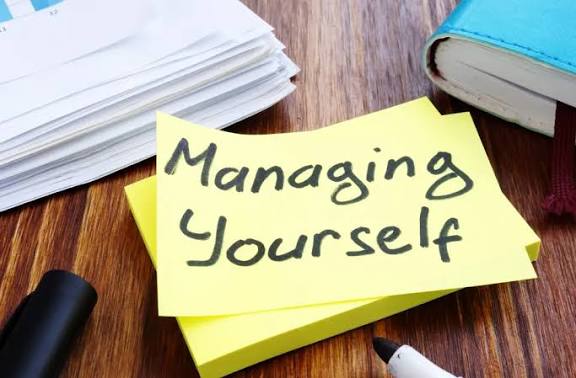Africa
When the Pot Boils Over: A Lesson in Impulse, Crisis, and Leadership -By Seun Elere
Don’t open the lid while the fire is still raging.
Don’t react for the sake of reacting.
Stop the source of the problem first. Then, and only then, should you assess the damage and chart a path forward.

It began with something as mundane as putting a pot on the stove to steam for a few minutes. I walked away, distracted by one thing or another, until thirty minutes had passed. By the time I remembered, I ran to the kitchen in a panic.
My first instinct? Open the pot lid. I acted without thinking—driven by urgency and impulse.
The burst of steam and a sharp burn on my fingers snapped me back to reality. It was a painful, yet powerful lesson: opening the lid didn’t solve the problem—it made it worse.
What I should have done was simple: turn off the gas, move the pot carefully, let it cool, and then assess the damage. But in the heat of the moment, literally and figuratively, I chose reaction over reason.
This incident, minor as it seems, mirrors how many of us handle challenges—both in our personal lives and in leadership.
The Impulse Trap
When crises strike, our instinct is often to do something—anything—to take immediate control of the situation. But in our haste, we sometimes forget to neutralize the root cause. We rush to assess damage while the fire is still burning. We panic, react, and often create bigger problems in the process.
This behavior isn’t limited to kitchens. It plays out in boardrooms, crisis response teams, relationships, and leadership at every level. Acting on impulse may feel like action, but it’s rarely strategy.
Pause, Then Proceed
Effective leadership—and wise decision-making—requires the discipline to pause.
To stop the proverbial gas.
To remove ourselves (and others) from the heat.
To let things cool, gain perspective, and only then make decisions rooted in clarity, not chaos.
It’s not easy. In fact, it goes against every instinct we have in moments of high pressure. But it’s essential.
A Simple Reminder
Don’t open the lid while the fire is still raging.
Don’t react for the sake of reacting.
Stop the source of the problem first. Then, and only then, should you assess the damage and chart a path forward.
Most lasting problems aren’t born from the initial mistake—but from our response to it.
Seun Elere, PhD(Student)

























